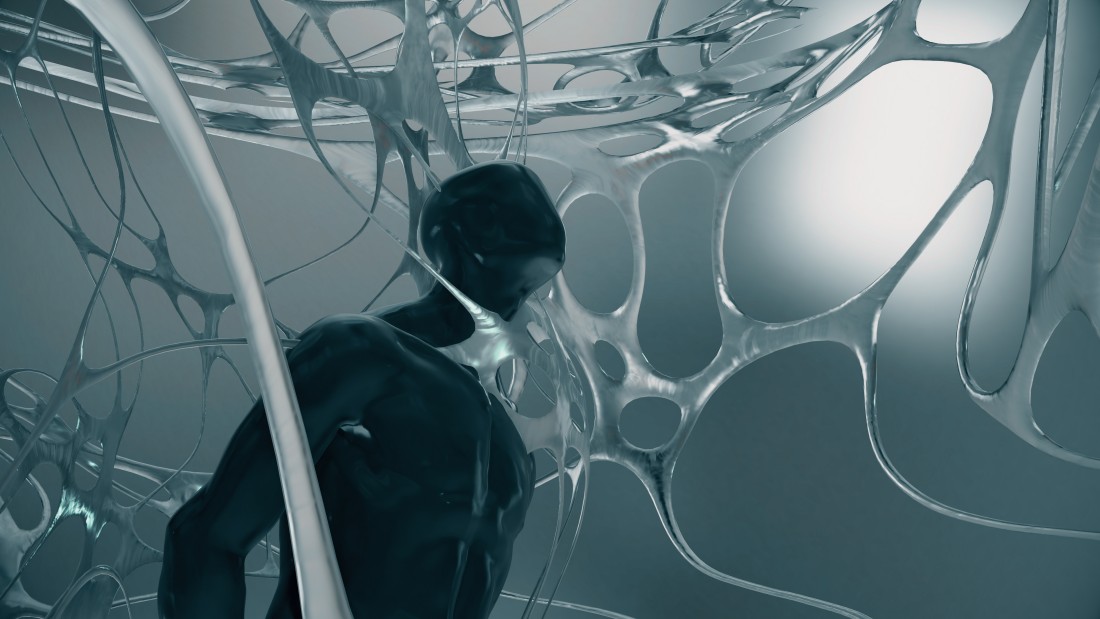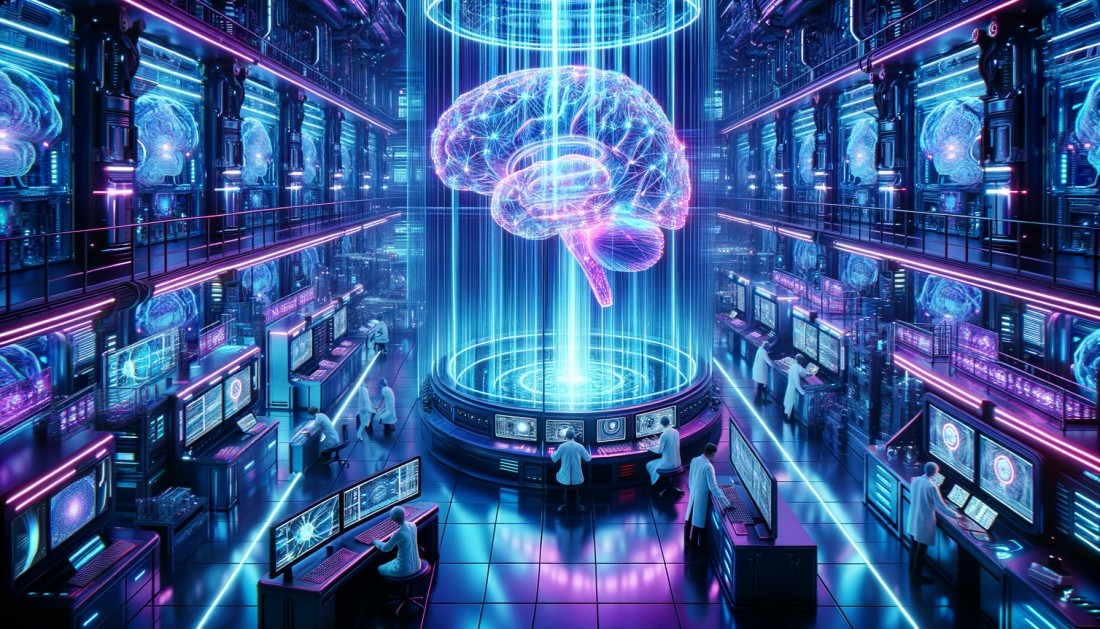The Promise and Perplexity of Self-Aware AI

Self-Aware Artificial Intelligence (AI) — it's a term that simultaneously ignites wonder and worry, pushing the envelope of our understanding of both technology and consciousness.
While we're well-acquainted with AI that can respond to our commands, recognise our faces, or even generate human-like text, the idea of a machine that is aware of itself, and can understand and control its own internal states, is something quite different. It's a realm of AI that borders on science fiction, but as we explore, we find it's a fascinating subject worthy of our attention.
What is consciousness?
The vision of a self-aware AI is largely based on our understanding of human consciousness. It's the idea of creating a system that doesn't just process inputs and produce outputs, but one that has a sense of "self" — a continuous identity that experiences and interacts with the world. It would be an entity capable of introspection, self-assessment, and possibly even self-modification, adapting its behaviour based on its experiences.
But therein lies the challenge: self-awareness is not well-understood, even in humans. We still have a very basic understanding of consciousness, and what we do understand is incredibly difficult to quantify in a way that can be programmed. Therefore, the idea of creating an artificial system that is truly self-aware is, at present, largely theoretical.
This hasn't stopped scientists and researchers from dreaming about the possibilities. The prospect of self-aware AI is tantalising because it represents a monumental leap in our ability to solve complex problems. Imagine, for instance, an AI system that could develop its own theories, conduct its own experiments, and then interpret the results. This would have a tremendous impact across diverse fields, from climate science to medicine, from astrophysics to archaeology.

Grey matter
A thrilling development in the field is the construction of what some researchers are dubbing an 'artificial prefrontal cortex' for AI systems. As an analogue to the human prefrontal cortex, a brain region responsible for complex cognitive functions like decision-making, social behaviour regulation and personality manifestation, this fabricated variant could potentially introduce an unprecedented level of self-regulation and self-awareness to AI systems.
The idea of artificially creating a key part of the human brain is audacious, but in the limitless arena of AI research, it represents a tangible step towards self-aware machines.
Give it a body
Simultaneously, another strand of research is focusing on the concept of 'embodied cognition'. This hypothesis proposes that true intelligence is not a disembodied phenomenon, but rather one that arises from the active engagement of an entity with its environment. In practice, this means providing AI systems with physical or virtual 'bodies', enabling them to explore and interact with their surroundings in a more tactile and experiential manner. Through such engagement, researchers aim to coax an emergent sense of self into existence within these AI entities. It's a captivating vision, fusing the physical and computational realms in an attempt to evoke a primitive form of self-awareness.
The concept of Self-Aware AI, despite the inherent challenges, serves as a beacon for AI researchers, a tantalising glimpse of what might be possible. While it remains firmly in the realm of theory for now, the quest to create a truly self-aware AI is leading to fascinating advances in our understanding of both machines and ourselves. From being a mere possibility long in the future, researchers now believe it could be here as early as 2032.
We're pushing the boundaries of what is possible, and in the process, continually redefining what it means to be intelligent.

